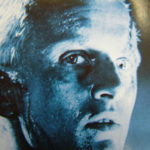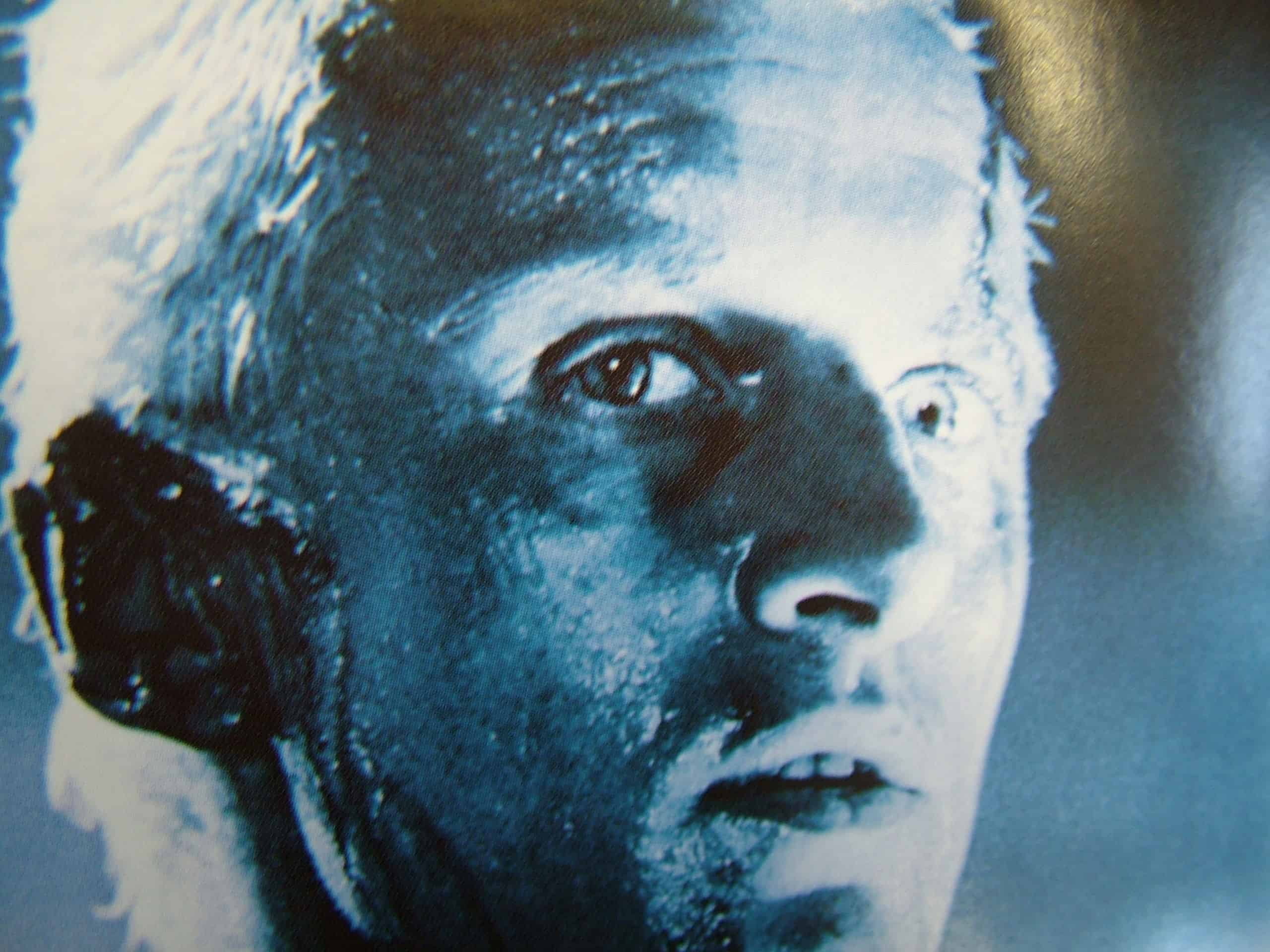 A few months ago, actor Rutger Hauer died at the age of 75. While his career spanned decades, he is probably best known for his role as the villain Roy Batty in the sci-fi classic Blade Runner, which was directed by the incomparable Ridley Scott. The film, which came out in 1982, was set in the dystopian future of…drum roll please…2019. Ah, well, don’t let that little flaw stop you from seeing or appreciating it though.
A few months ago, actor Rutger Hauer died at the age of 75. While his career spanned decades, he is probably best known for his role as the villain Roy Batty in the sci-fi classic Blade Runner, which was directed by the incomparable Ridley Scott. The film, which came out in 1982, was set in the dystopian future of…drum roll please…2019. Ah, well, don’t let that little flaw stop you from seeing or appreciating it though.
In the film, Harrison Ford played the role of Rick Deckard, a “Blade Runner.” Blade Runners were a special unit of the police force who hunted and killed rogue bioengineered humans called “replicants.” Hauer’s Roy Batty was the leader of a small group of replicants who had escaped from an Off-World colony and returned to Earth in a hijacked shuttle for, initially, an unknown reason. Spoiler alert! Please watch the movie first before reading any further!
Deckard was assigned the task of hunting down and “retiring” (i.e., executing) the escaped replicants, including Batty. Because of the inherent dangers of making the “more human than human” replicants, their manufacturer, the Tyrell Corporation, gave replicants only a four-year life span. If a Blade Runner doesn’t retire them first, rogue replicants will die on their own.
Sometimes considered “future noir,” Blade Runner initially flopped at the box office but gained a cult following and a second life on cable and video. A “Director’s Cut” was released in 1992 and a “Final Cut” was released in 2007. The sequel, Blade Runner 2049, starring Ryan Gosling and Harrison Ford, was released in 2017. The film paid a touching tribute to the original Blade Runner while being a beautiful film in its own right.
Blade Runner is often considered one of the (if not the) best science fiction movies ever made. Set in a dark but visually mesmerizing world with a hauntingly gorgeous soundtrack from Vangelis, the film probed what it means to be human and the fragility of life. The visionary look and feel of Blade Runner inspired many other movies and TV shows including Dark City, Gattaca, Battlestar Galactica, Westworld, The Crow, Almost Human, and Altered Carbon, just to name a few.
My Introduction to Blade Runner
I was around 13 or 14 when I first saw Blade Runner. I watched it on cable TV by myself just by stumbling across it one evening. Like many, I thought it was pretty good initially, but it didn’t blow me away. But as I rewatched it many times over the years, somehow the film seeped into the very fiber of my being. As a psychologist, I’ve pondered why it has connected with me on such a deep level.
While there is much I love about Blade Runner, I feel like Hauer’s performance as Roy Batty steals the show. It is perfect. If there were any justice in this world, Hauer would have won an Academy Award as Best Supporting Actor for his role. He makes Batty come to life with a combination of malevolence and tenderness. We see his character evolve before our eyes – so much in such little time. While Batty is guilty of some questionable things, his humanity is palpable. He is desperate to hang on to life, but he knows time is running out for him and his friends.
Tears in Rain
Once again, if you haven’t seen Blade Runner and are inspired to, please do so before reading on or checking out the video clip. I don’t want to be a spoiler. I’ll wait right here, okay? Alright, since you are reading on, I’ll assume you have had time enough.
At the end of the movie, there is a showdown between Deckard and Batty. In a twist, the hunter (Deckard) become the hunted. After a harrowing pursuit through abandoned buildings on a bleak, dark, rain-soaked night, Batty finally has Deckard right where he wants him – helpless. There is no way that Deckard can escape. Batty has every reason to put an end to Deckard. Deckard has killed his friends, including his girlfriend, Pris. Quite literally, Batty holds the defeated Deckard’s life in his hands.
Yet, instead of killing Deckard, Batty saves him from falling off the ledge of a building. Batty knows something that Deckard doesn’t – Batty is about to die. His four-year lifespan is up. After being unexpectedly saved by Batty, Deckard lies crumpled and soaked on top of a building, staring up at Batty in disbelief. As Batty feels his life ebbing away, he pensively delivers his “Tears in Rain” monologue.
“I’ve seen things you people wouldn’t believe. Attack ships on fire off the shoulder of Orion. I watched C-beams glitter in the dark near the Tannhäuser Gate. All those moments will be lost in time, like tears in rain. Time to die.”
The Truth Revealed by Roy Batty
While Blade Runner has received much acclaim over the years, the Tears in Rain monologue is sublime. Rutger Hauer actually modified the lines the night before filming. His short monologue captures Batty’s transformation. As he and Deckard’s lives hung in the balance, Batty experienced a sudden enlightenment, a satori of sorts, in which he conveyed with spiritual reverence in his Tears in Rain monologue.
Why did Batty save Deckard when he could have killed him? Initially, he viewed Deckard as a nemesis who needed to be killed – not only to save his own life but for revenge. As he felt the life slipping away that he so desperately wanted preserve, he realized that all life was precious, even his enemy’s.
Deckard, who had been running for his life from Batty just as Batty wanted to save his own. In their shared struggle to survive, Batty no longer viewed Deckard as separate from himself. His epiphany was one of nondualism. There is a “oneness” that connects all life. Since Batty experienced this transcendent awakening, he didn’t see Deckard as separate from himself. Inspired by this revelation, he saved Deckard’s life instead of ending it.
A Message for All of Us
I think I finally know why Blade Runner is my favorite film, and why I am so moved by Hauer’s performance as Roy Batty. Often, when I look around, I don’t like what I see. I see division and hatred. I see tribalism tearing us apart. I see America, and many other parts of the world, falling into polarization traps. Admittedly, I see this in myself as well. Yet, on a deep level, I know this “us” versus “them” mentality is destructive. It creates a separateness, and this separateness allows us to vilify others.
What we often fail to see is the truth that Roy Batty realized at the end of Blade Runner. We are not separate from one another. We are all interconnected. There is a oneness in all life. All life is both sacred and fleeting. “All these moments will be lost in time. Like tears in rain.” Internalizing this truth can liberate us from anger, hatred, and violence. We are one. The truth that Batty realized wasn’t just for Deckard and him. It is for all of us.

